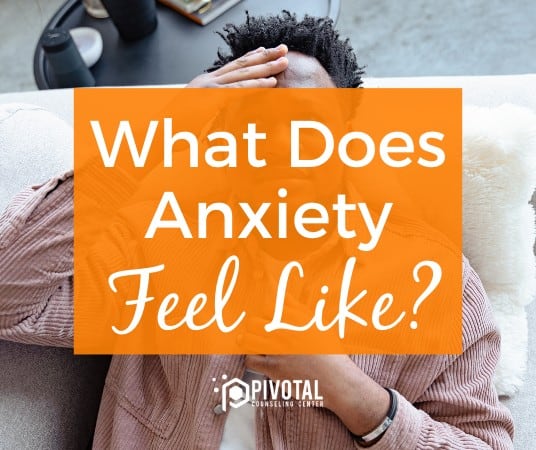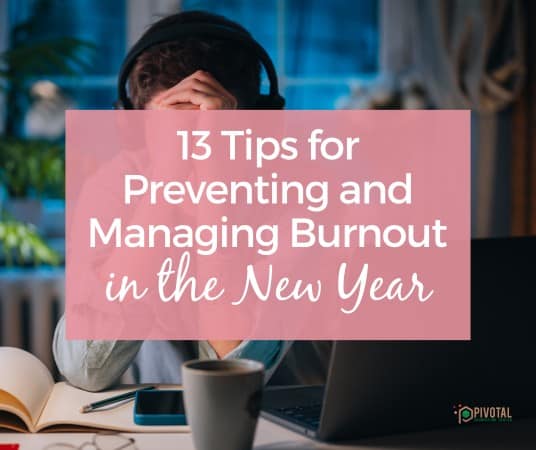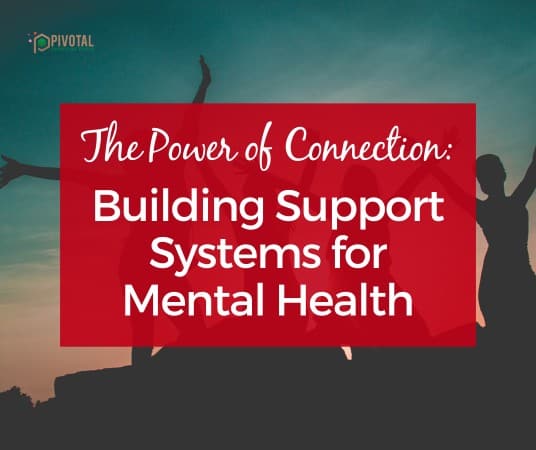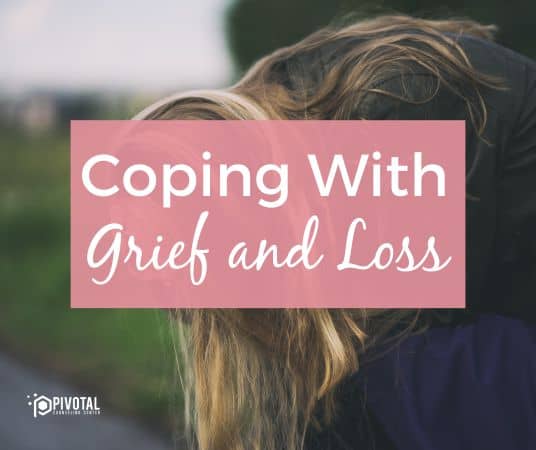
Do relationship issues or trouble at work leave you feeling uneasy and fearful of the future? Does the thought of an imminent event, such as a test or presentation, cause you to feel restless and tense? These uneasy feelings, known as anxiety, are normal reactions to stressful situations and quite common. while we all feel anxiety from time to time, it can feel quite different from an anxiety disorder.
We all experience feelings of anxiety at some point in their lives, but not all of us react to anxiety in the same way. There are some folks that function well with anxiety, and use their tension or stress as a boost of energy to keep focused. Other individuals, however, struggle with symptoms of anxiety and find them so difficult to control that they interfere heavily in their daily lives.
What’s the difference between stress and anxiety?
Because stress is so commonly connected with anxiety, it can be easy to use them interchangeably. This, unfortunately, can also make distinguishing the two quite difficult. Stress and anxiety do have many similarities, there are major differences.
Stress tends to be short term and its source is often identifiable, like an upcoming test or mortgage payment. Anxiety, however, relates to persistent worrying thoughts that can linger and sometimes come from nowhere. When these persistent thoughts of worry and distress interfere with your daily functioning, it’s a sign that you’re dealing with anxiety and not stress.
Here are some things to look out for if you believe you are experiencing anxiety or an anxiety disorder:
How anxiety feels mentally
Anxiety can make you tense and nervous, impairing your ability to relax. You may find yourself fixating on minor or insignificant worries, or even start to fixate on anxiety itself. You might suddenly start reflecting on past bad experiences, or replaying uncontrollable situations in your head. Some individuals also worry about things they cannot control, like the future. A sense of dread or panic is often accompanied by these feelings. As you can imagine, these feelings can often be uncomfortable or distressing.
How anxiety feels physically
Anxiety can take a toll on your physical self as well. On top of tension and uneasiness, people experiencing anxiety may notice sweaty palms, light-headedness, and an increased heart rate. You may find yourself breathing faster and unable to sit still, like you’re on pins and needles. Headaches, backaches, and various other aches and pains are also common in those with anxiety.
Other individuals experience trouble falling or staying asleep, teeth grinding, and stomach problems.
Occasional anxiety is a normal part of life, but persistent and overwhelming feelings of anxiety can severely impact your day-to-day life. Some may find it difficult to try new things or form new relationships. Some may struggle to hold down a job or take care of themselves. Even something as simple as enjoying your free time can seem daunting while struggling with anxiety. These feelings of anxiety can start early in life and worsen over time if not properly managed, and can lead to the development of an anxiety disorder.
What about anxiety disorders?
There are a variety of anxiety disorders, all of which can feel very different from each other. Here are a few types of anxiety disorders and how they feel:
Generalized Anxiety Disorder
People experiencing generalized anxiety disorder (GAD) typically worry about the same things everyone else worries about; bills, family, relationships, etc. Their anxiety concerning these issues, however, is far more excessive and persistent than that of an individual experiencing occasional anxiety.
People with GAD constantly feel irritable, restless, or on edge. They are easily fatigued and struggle mightily to concentrate on work. They often struggle to manage their feelings of worry. Unlike regular anxiety, these feelings are persistent and excessive, and occur almost every day for at least six months.
Social Anxiety Disorder
Social anxiety disorder is an intense and persistent fear of being watched and judged by others. They may feel intense anxiety in social situations or activities where they might be judged, like public speaking, interviews, or even meeting new people.
Being in these situations tends to make someone with social anxiety feel embarrassed. Their faces may flush red or blush. Trembling and sweating is also common. These feelings may get so intense that they will try to avoid social situations altogether.
Panic Attacks and Panic Disorder
Panic attacks are sudden, overwhelming feelings of fear and discomfort that make you feel like you’re losing control over yourself. Those experiencing a panic attack often feel like their heart is racing out of control. They may break into a cold sweat or find it difficult to breathe. The feelings can be so intense it may feel like a heart attack.
People with panic disorder suffer frequently from these panic attacks. They feel a sense of impending doom and worry intensely about their next attack. Similar to social anxiety and GAD, those who suffer from panic disorder will avoid places or situations where they experienced a previous attack.
There are several other types of anxiety disorders many individuals struggle with everyday, such as separation anxiety disorder and phobia-related disorders like agoraphobia or specific phobias. Though each one may feel different from each other, these symptoms often begin during childhood or your teen years, and often continue into adulthood if not treated properly. Working with a therapist can help you find new ways to cope so you can enjoy your life without constant anxiety.
If you feel like your anxiety has become constant and excessive to the point that it interferes with work or other daily activities, working with a therapist can help. Contact us today to schedule an appointment with one of our Woodstock or Lake in the Hills, Illinois therapists.
Pivotal Counseling Center is now accepting Medicaid including Blue Cross Community Medicaid, Meridian Medicaid, and Molina Medicaid for outpatient counseling.









